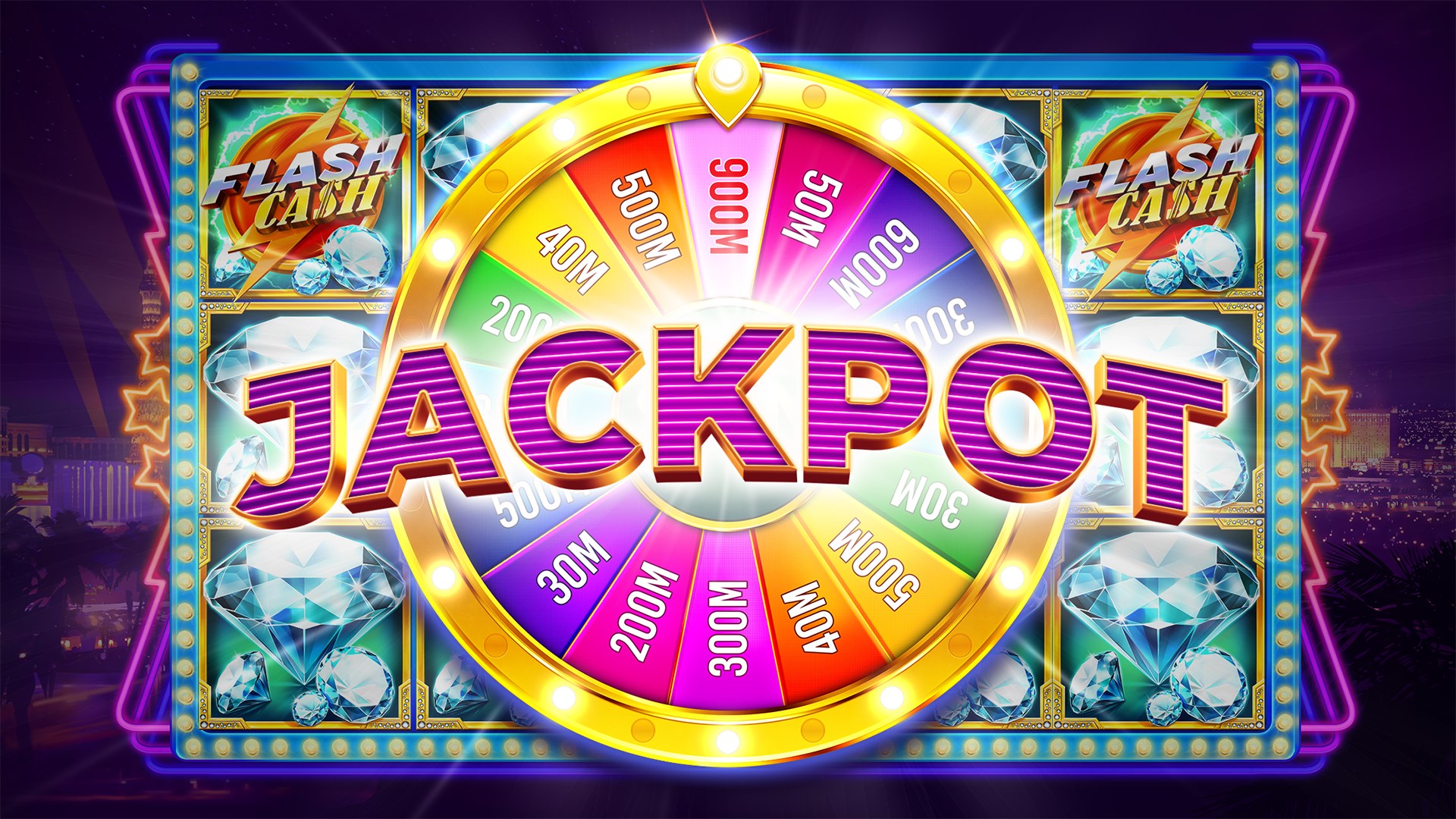In the world of gambling, in which chance and strategy converge, a unique tapestry of beliefs emerges—one that braids luck, fate, and the enigmatic nature of casino games. Casinos, bustling with excitement and anticipation, are not just venues for placing bets; they are also arenas where superstitions thrive. From the novice player to the seasoned gambler, these mysterious practices often shape how individuals approach the games they play, holding the belief that their actions can affect the outcome in ways that go beyond mere probability.
When players gather around roulette wheels, blackjack tables, and slot machines, the atmosphere is thick with stories of lucky charms, rituals, and codified behavior that defy logic yet provide a sense of comfort. It could be the case that it’s wearing a specific outfit, following a particular sequence of bets, or even avoiding certain numbers, the attachment to various superstitions reflects a deep-rooted desire to manipulate the uncontrollable. This article delves into the captivating world of casino game superstitions, examining the beliefs that simultaneously entertain and mystify those who dare to play.
Historical Roots of Superstitions
Casino games have long been interwoven with an array of superstitions that go back to primitive cultures. The roots of these beliefs can be linked to humanity’s intrinsic wish to manage the unpredictable outcomes associated with chance and chance. In early civilizations, games of uncertainty were often connected to spiritual practices. Players would invoke aid or seek favor from gods, believing that their actions could change the outcomes in their favor. This groundwork laid the foundation for the myriad of superstitions that spread as betting evolved over time.
During the medieval age, betting became a common hobby across European nations, and with it, a diverse tapestry of superstitions appeared. Participants adopted numerous rituals and charms, believing they could change the consequences of games. The significance of digits, in particular, began to manifest in superstitions around card games and dice. The number 7 was often considered favorable, while other numbers carried bad connotations. These notions mirrored the societal contexts of the time, changing as they transferred through generations and changed to emerging gaming environments.
As gambling houses emerged in the seventeenth century, particularly in the Italian peninsula and France, the atmosphere surrounding gambling became saturated in enigma. The growing availability of gambling games allowed for the spread and growth of superstitions among players. Concepts like charmed charms, designated seating positions, and rituals gained importance, creating a special culture within casinos. As these traditions continued to thrive, they became integral to the identity of casino activities, illustrating how the past and culture shape the notions that influence how participants interact with chance.
Popular Gambling Superstitions
Beliefs surrounding casino activities are plentiful and varied, mirroring the hopes and anxieties of gamblers as they participate in chance-based activities. One of the most prevalent views is that specific numbers bring fortune or misfortune. For example, the number seven is often seen as a favorable number, frequently sought after by players looking for a favorable result. Conversely, the number thirteen is routinely considered cursed, leading many gamblers to steer clear of it during their gambling periods.
A common superstition relates to rituals that players believe can influence their odds. It could be blowing gently on dice before a roll, using a particular gesture to place a wager, or even putting on particular items of attire, many people feel that these actions can tilt luck in their benefit. These practices offer a feeling of power in an otherwise random environment, reinforcing the idea that fortune can be manufactured through personal beliefs and habits.
Lastly, the environment and atmosphere of the casino itself adds to myths. Many players suggest that the presence of certain icons, such as four-leaved clovers or fortunate coins, can enhance their odds of winning. Additionally, gamblers might hold to the belief that winning streaks can be halted by mundane events, such as a person walking past or a spill at the table. The shared atmosphere in a gambling house can amplify these beliefs, creating a shared culture of myths that transcends individual experiences.
Impact of Superstitions on Players
Beliefs play a significant role in the mindset of gamblers, often influencing their behavior and decision-making. A lot of gamblers think that fortune can be manipulated through various rituals, such as donning a talisman, selecting specific colors, or steering clear of particular digits. This reliance on superstitions can create a sense of control in an environment that is intrinsically unpredictable. Players frequently feel more confident and engaged when they feel that their actions could sway the outcome of a game in their favor.
The impact of these superstitions extends beyond singular players, affecting the general atmosphere within the casino. For example, a player who believes in the luck of a certain slot machine might attract a crowd, as others are intrigued by their apparent luck. This collective belief can amplify excitement and create a lively environment, leading to an interesting experience even for those who may not necessarily be believers themselves. The buzz around certain games can lead to increased participation and longer playing sessions, supporting the casino’s vibrant social scene. nhà cái xo88
In some instances, superstitions can lead to harmful effects for players. Depending too heavily on rituals can result in bad gambling decisions, as some may ignore basic strategies in favor of unfounded beliefs. Additionally, the stress to perform rituals may heighten anxiety and stress levels, detracting from the enjoyment of the experience. Ultimately, while superstitions can enhance the excitement of playing casino games, they can also lead to unwise choices that overshadow the enjoyment and amusement intended in the casino experience.

